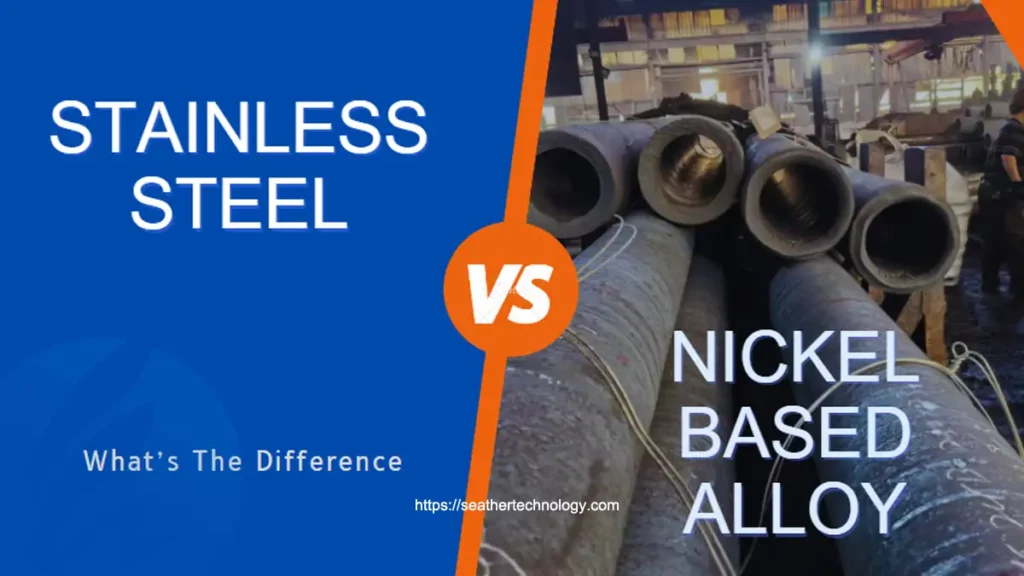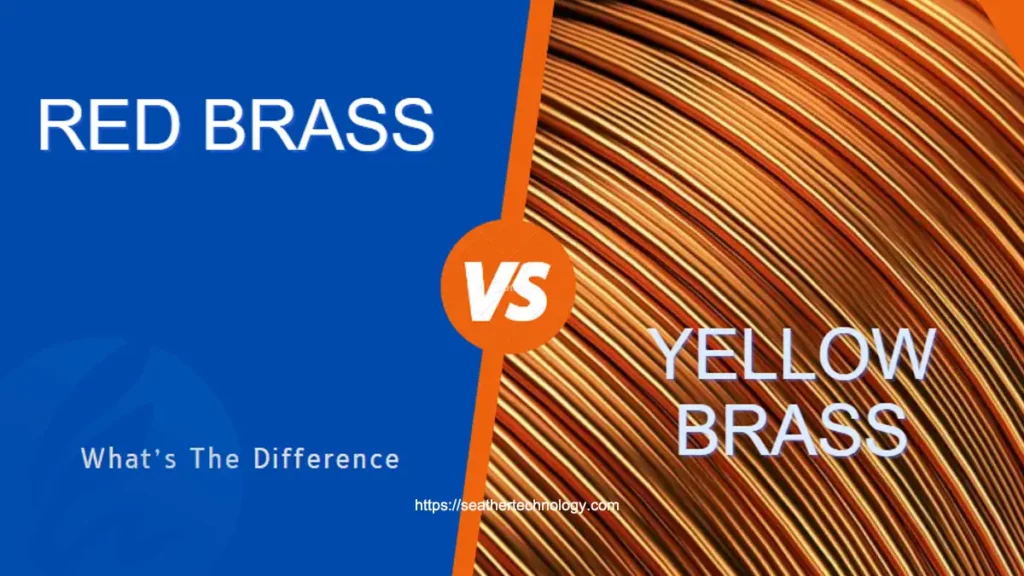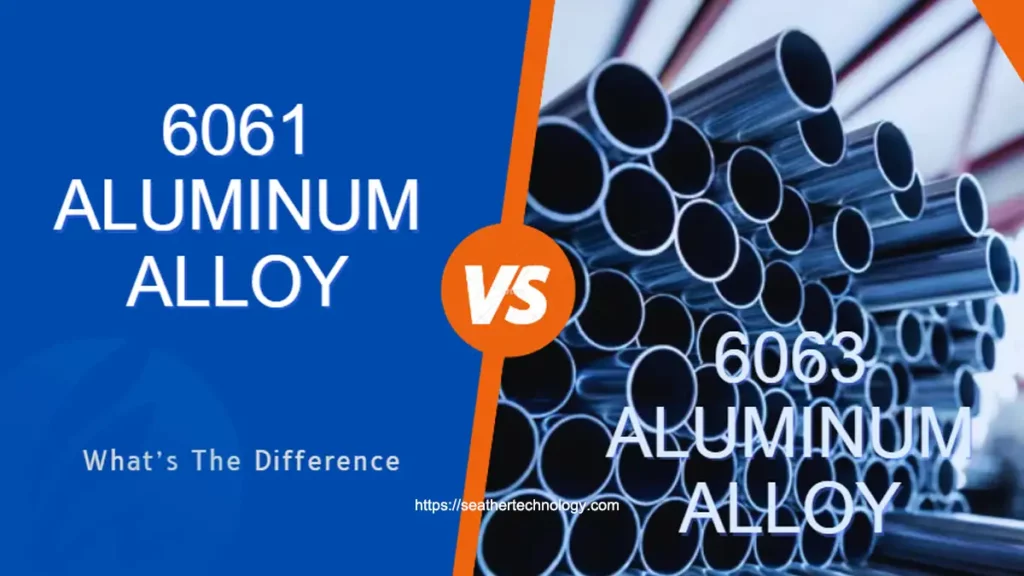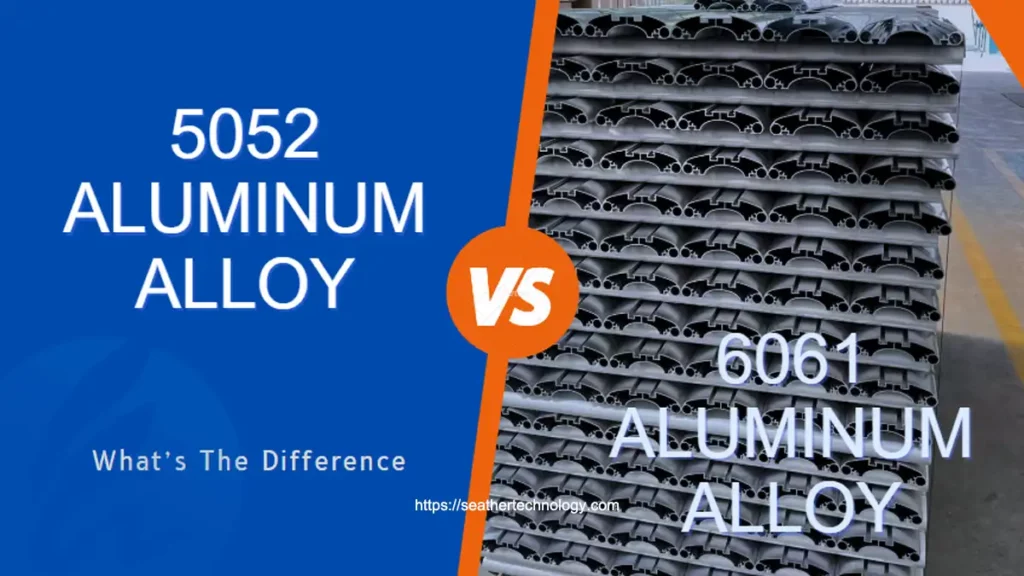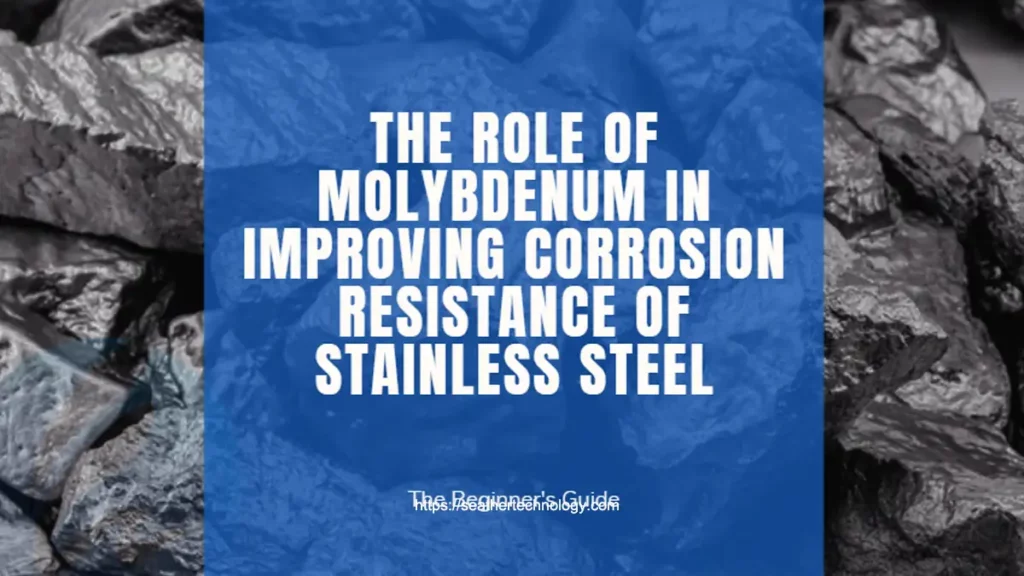Aluminum Casting: A Guide for Beginners & Experts
Aluminum is a metal that is really abundant in today’s time and it is also one of the most useful and important metals for the production of all kinds of things. Aluminum has some properties that are really useful for use in certain scenarios but what if you could make all that aluminum even stronger? …
Aluminum Casting: A Guide for Beginners & Experts Read More »




